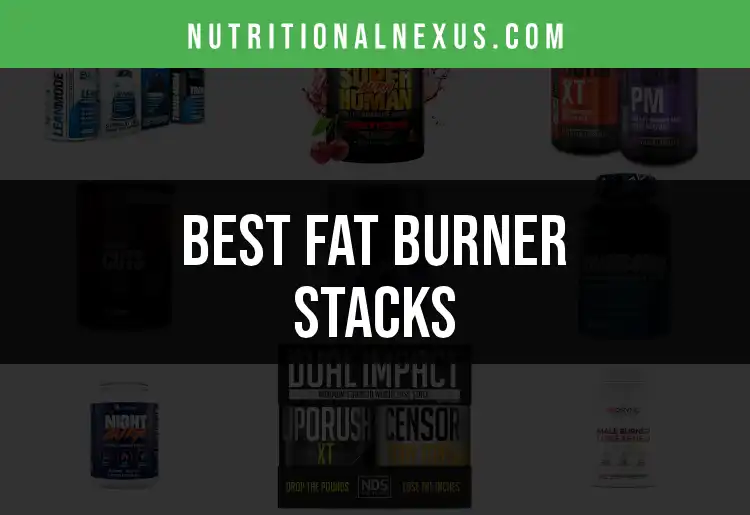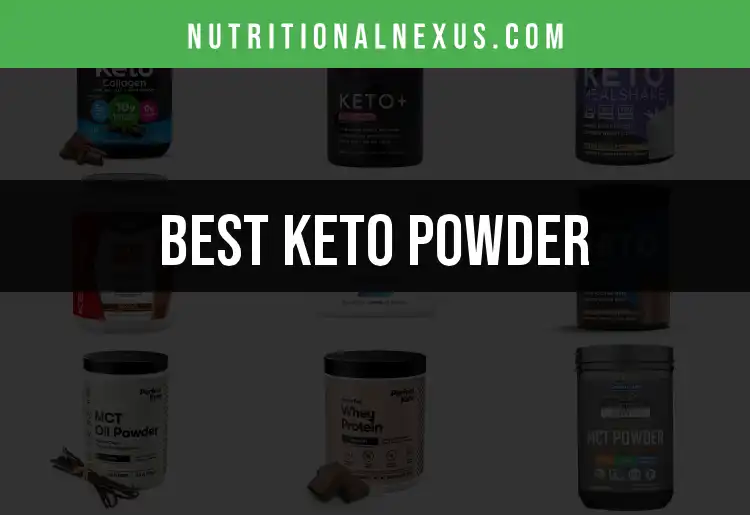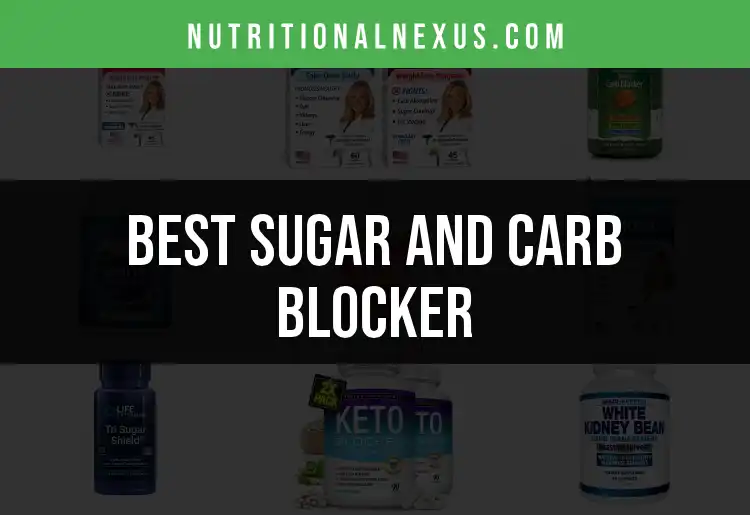Introduction to Weight Loss
Understanding the Basics of Weight Loss
Weight loss at its core revolves around one fundamental equation: energy in versus energy out. To lose weight, your body must burn more calories than you consume. This is called a caloric deficit. Understanding the components that affect this equation—Basal Metabolic Rate (BMR) and Total Daily Energy Expenditure (TDEE)—will help you develop effective and healthy weight loss strategies.
Your BMR is the number of calories your body uses at rest, simply for baseline functions like breathing and keeping your heart beating. TDEE expands upon that number, accounting for physical activity and the thermic effect of food (the energy you need to digest and process what you eat).
How quickly your body burns calories (your metabolism) can be influenced by numerous factors: age, sex, muscle mass, and genetic predispositions. For those interested in the science behind metabolism and fat burning, you can explore more with this complete overview of how metabolism works.
The Science of Fat Loss and Muscle Preservation
Fat loss differs from weight loss in that the goal isn’t just to drop numbers on a scale, but to reduce body fat while preserving or even building lean muscle tissue. This approach is healthier and more visually rewarding, as muscle gives shape and strength to your physique even as you shed fat.
Preserving muscle mass is critical, since losing muscle can lower your BMR and make weight loss more difficult. Eating enough protein and strength training are two essential strategies. If you want practical guidance on protecting your hard-earned muscle, check out our muscle preservation strategies.
Common Myths and Misconceptions
The weight loss world is filled with misinformation:
- Myth: You can target fat loss from one area (“spot reduction”).
- Myth: Fad diets offer long-term solutions.
- Myth: The faster the weight loss, the better.
In reality, sustainable fat loss is a gradual process. Evidence-based approaches, including a focus on lifestyle and behavioral change, are key. Curious about managing expectations and avoiding common traps? Discover more on setting realistic goals and busting myths about weight loss.
Nutritional Foundations for Effective Weight Loss
Macronutrients and Their Impact
The food you eat consists primarily of proteins, carbohydrates, and fats. Protein supports muscle maintenance and satiety. Carbohydrates are your body’s main energy source, while fats are required for hormone production and cell health.
- Higher protein intake is particularly beneficial during a calorie deficit, preserving muscle and controlling hunger.
- Carb and fat balance is individual—experiment to see what keeps you satisfied and energized.
To dive deeper into structuring your nutrition, see our complete macronutrient guide.
Micronutrients and Overall Health
While macronutrients drive energy and satiety, micronutrients—vitamins and minerals—support immune health, bone strength, metabolism, and more. Deficiencies in key vitamins (like B12 or D) can slow progress, sap energy, and hinder your results.
Ensuring you receive enough micronutrients is crucial for overall well-being. If you want to learn about key nutrients and how to address common deficiencies, check our resource on the importance of vitamins and minerals in weight management.
Hydration and Its Influence
Staying hydrated does more than quench thirst. Water intake helps regulate appetite and can even temporarily boost metabolism. Sometimes, your body confuses thirst for hunger, resulting in unnecessary snacking.
If you want simple, actionable hydration strategies, view our guide to optimizing hydration for weight loss.
Role of Dietary Supplements in Weight Loss
Overview of Supplement Benefits and Limitations
Supplements can play a supportive role in your journey—but they are not magic bullets. Scientifically-backed supplements may help by:
- Enhancing metabolism
- Suppressing appetite
- Increasing fat oxidation
- Supporting nutrient intake in calorie-restricted diets
Safety is essential. Not all supplements are created equal, and some may carry unwanted side effects. Always research ingredients and speak with healthcare professionals. For a detailed checklist, see our supplement safety tips and best practices.
Popular Supplements and Their Mechanisms
When exploring the world of supplements, you’ll encounter several categories:
- Appetite suppressants: Help reduce hunger and cravings.
- Fat burners: Increase metabolic rate or fat oxidation.
- Metabolism boosters: Support thyroid function and caloric burn.
- Muscle gain support: Aid in muscle protein synthesis and recovery.
To learn the fundamentals and discover which might suit you best, read our comprehensive comparison of common weight loss supplements.
Key Supplements for Weight Loss
Ursolic Acid Supplement
Ursolic acid is a naturally occurring compound found in apple skins and certain herbs. It has attracted attention for its potential to promote muscle growth and reduce fat accumulation by influencing pathways involved in metabolism.
Studies suggest that ursolic acid may help support muscle gain while also shrinking fat stores, making it a promising supplement for body recomposition. For in-depth reviews, recommendations, and where to source the best products, see the top picks for ursolic acid supplements.
Night Fat Burner
A night fat burner is designed to work while you sleep, typically combining mild metabolism-boosters, calming herbs, and ingredients like L-carnitine or CLA to encourage fat burning overnight.
If you want to integrate such a supplement for more comprehensive around-the-clock support, consult our thorough evaluation of the most effective night-time fat burners.
Bariatric Vitamins All-in-One
After bariatric surgery, or during severe calorie restriction, getting adequate nutrients is challenging. All-in-one bariatric vitamins are engineered to fill these gaps, providing essential B vitamins, folic acid, iron, and more in optimal ratios.
Those seeking a comprehensive multivitamin to safeguard their health will find options in our guide to the most complete bariatric all-in-one vitamins.
Bariatric Multivitamin Chewable
For those who struggle with large pills or have digestive restrictions, chewable bariatric multivitamins offer a more palatable solution, ensuring better adherence to supplement regimens and optimal absorption.
Chewables often contain a balanced spectrum of nutrients for recovery and ongoing health. Review the best products and flavors in our chewable bariatric multivitamin roundup.
GNC Supplement for Muscle Gain
Preserving muscle mass while losing weight is challenging. Some premium muscle gain supplements from GNC provide high-quality protein blends, branched-chain amino acids (BCAAs), and supportive micronutrients to help you retain strength and definition.
Explore how select GNC products can support your goals in our comparison of muscle-preserving supplements.
Berberine with Ceylon Cinnamon
Berberine is a powerful plant compound recognized for improving insulin sensitivity and helping control blood sugar, which can indirectly facilitate fat loss. When paired with Ceylon cinnamon—a natural blood sugar stabilizer—the combination is potentially even more effective.
Learn about their mechanisms and best sources in our breakdown of berberine with Ceylon cinnamon supplements.
Lean Life Reviews
With so many weight loss solutions on the market, it’s crucial to examine real user experiences and results. In our section on Lean Life supplement reviews, you’ll find critical analysis of both scientific evidence and customer feedback, including efficacy, taste, and any common side effects.
Shakeology Alternative
Meal replacement shakes can simplify calorie control and boost nutrient intake. If you’re seeking something cost-effective or with different macronutrient balances, a high-quality alternative to Shakeology may fit your needs.
We compare leading options head-to-head in taste, nutritional profile, and long-term value.
Slimming Coffee
Slimming coffee combines caffeine with herbal extracts like garcinia cambogia, green coffee bean, or lotus leaf. These blends aim to suppress appetite and provide an energy boost, making calorie control easier.
To read more about what makes slimming coffee effective and see top picks, check our review of evidence-based slimming coffee options.
T2 Supplement
T2 (3,5-diiodo-L-thyronine) is a thyroid hormone metabolite that has shown potential to increase metabolism and fat oxidation without the overstimulation of classic thyroid medications. It may help those facing slow metabolism challenges.
See a detailed review of efficacy and best uses in our article on top-rated T2 metabolism support supplements.
Brown Seaweed Extract Supplement
Brown seaweed extract is a unique supplement high in fucoxanthin and iodine. Iodine supports thyroid health, which is crucial for keeping your metabolism running efficiently—especially for those with mild deficiencies.
Discover the metabolic benefits and recommended brands in our brown seaweed extract supplement guide.
Bariatric Gummy Vitamins
Gummy vitamins are not only convenient and easy to take but can also help compliance with post-bariatric protocols. They typically contain essential nutrients necessary for recovery and ongoing health.
If you’re considering a more palatable option, see which brands offer the best bariatric gummy vitamins for weight management.
Appetite Suppressant Candy
Cravings can sabotage even the best-planned diet. Appetite suppressant candies offer a simple, discreet way to curb immediate hunger and help with portion control, often with natural fibers or plant extracts.
Explore which products are safe and effective by reviewing our choices for appetite suppressant candies.
Synephrine Supplement
Synephrine, sourced from bitter orange extract, is known for its mild thermogenic and appetite-suppressing effects. When used safely, it can be a part of a broader weight loss supplement stack.
For an honest assessment of efficacy and safety, check our recommendations for safe synephrine supplements.
Exercise and Physical Activity
Incorporating Cardio for Fat Loss
Cardiovascular exercise accelerates caloric burn, making it easier to achieve a deficit. Popular forms include brisk walking, running, cycling, HIIT, or swimming. The effectiveness depends on consistency, intensity, and duration.
To design a plan that boosts fat burning, reference our guide to cardio routines that support your weight-loss goals.
Strength Training and Building Lean Muscle
Resistance training—using weights, bands, or bodyweight—does more than grow muscle. It increases your metabolic rate, helps maintain lean mass, and improves appearance as the fat comes off.
For step-by-step workouts, check our resource on strength training for effective weight loss.
The Role of Flexibility and Recovery
Stretching, yoga, and proper rest ensure that your body can perform optimally, repair muscle tissue, and prevent injuries.
If you want to support longevity and avoid burnout, see our advice for integrating recovery and flexibility into your routine.
Lifestyle Factors Affecting Weight Loss
Stress Management
Chronic stress raises cortisol levels, which over time can encourage your body to store abdominal fat and tempt you toward comfort foods. Managing stress through mindfulness, exercise, or hobbies can improve both weight loss results and overall well-being.
Explore practical tips and tools in our overview of stress management strategies for healthy weight control.
Sleep and Its Significance
Your body needs sleep to reset hormones that regulate hunger and satiety. Poor sleep increases ghrelin (hunger hormone) and decreases leptin (satiety hormone), which can drive overeating.
For actionable tips to improve your rest, see our guide on better sleep for optimal weight loss.
Consistency and Motivation
Weight loss is rarely linear. Setbacks, plateaus, and reduced motivation are common. Setting realistic goals, tracking progress, and celebrating small wins help keep you committed.
Dive into proven strategies for maintaining motivation and staying on track with your weight loss.
Personalized Weight Loss Strategies
Choosing the Right Approach Based on Body Type
Everyone’s journey is unique. Genetics, lifestyle, health conditions, and personal preferences factor into which weight loss approach will work best. Tailoring calories, macronutrients, and supplement use is essential.
Adjusting Caloric Intake and Macros
Adjust your calorie target and macronutrient distribution as you progress. For example, boost protein when lowering calories to stave off muscle loss.
Monitoring Progress and Making Adjustments
Track not just your scale weight but also body measurements, energy levels, and fitness improvements to get a full picture of progress.
When and How to Use Supplements Effectively
Supplements should fill genuine gaps—whether it’s to aid hunger control, support metabolism, or cover micronutrient needs—not replace foundational habits. See our system for personalized diet and supplement planning for weight loss.
Safety, Side Effects, and When to Consult Professionals
Potential Risks of Supplements
Even natural supplements may have side effects or interact with medications. Stimulants, for example, may not be suitable for those with heart conditions.
Contraindications and Interactions
Always check ingredient interactions with any medications, especially for blood pressure, thyroid, or diabetes management.
Importance of Medical Supervision
Those with chronic health conditions or recent surgery (like bariatric procedures) should work with a doctor or registered dietitian. For advice on safely incorporating supplements, read our article on when to consult a health professional for your weight loss plan.
Monitoring and Measuring Success
Tracking Weight and Body Composition
Relying solely on the scale can be misleading, as body composition shifts. Measuring waist circumference, body fat percentage, and muscle gain gives more relevant insights.
Non-Scale Victories
Improved confidence, better sleep, increased energy, and athletic performance are all signs of success.
Adjusting Strategies Based on Results
If progress stalls, revisit your calorie levels, activity mix, and supplement protocol. Our step-by-step method to tracking results and making real-time adjustments can help.
Emerging Trends and Future Directions in Weight Loss
Advances in Supplement Technology
New formulations are making supplements safer and more effective, including time-released nutrients and clinically-dosed blends.
The Role of Gut Health in Weight Management
Cutting-edge research highlights the connection between gut microbiota and metabolic health. Probiotics and prebiotic fibers may soon become staples in weight management.
Personalized Nutrition and Genetic Testing
Technology now permits DNA analysis to customize nutrition and supplement plans for maximum results. Curious about the future of the field? Check our overview of innovative approaches to weight management and supplementation.


















